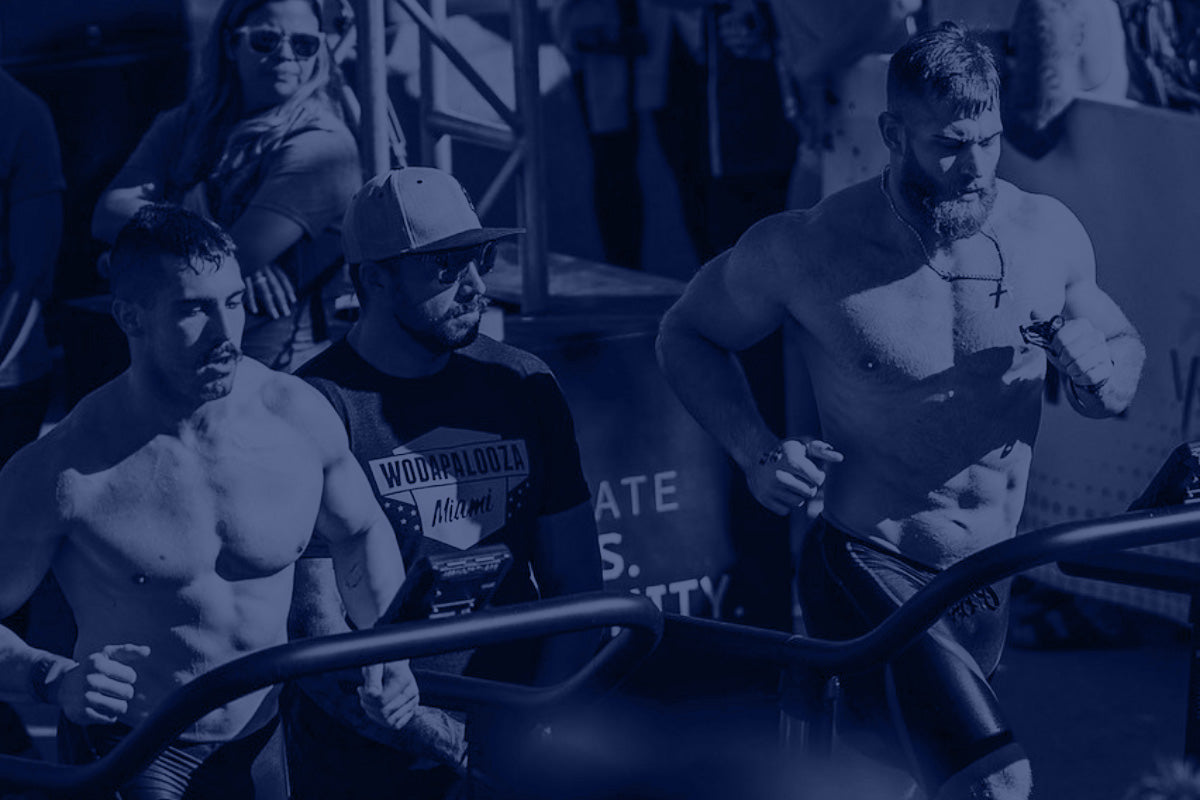
THE CARB TRUTH
Carbohydrates Are Crucial to Sports Hydration & Performance
Studies have shown that consuming carbohydrate during training aids in the rapid absorption of water and nutrients. Rapid gastric emptying—the speed at which fluid and nutrients leave the stomach for the small intestine where they are subsequently absorbed into the bloodstream—is an important characteristic of a properly formulated sports drink.
There is a sweet spot (pun intended) in terms of the total amount carbohydrate and the number of types of carbohydrates needed to promote optimal hydration and improve performance. It is recommended that a carbohydrate concentration between 2-6% is ideal; greater concentrations of carbohydrate delay intestinal absorption and can lead to gastrointestinal discomfort; lesser concentrations of carbohydrate will not provide enough carbohydrate energy to improve performance.
Consistent with this science, GoodSport® sports drink contains 4% carbohydrate (4 grams per 100 ml of fluid), a concentration of carbohydrate associated with rapid intestinal absorption of water and nutrients, along with a boost to performance.
Furthermore, the presence of multiple types of carbohydrate as opposed to just one type has been shown to be a significant factor in improving the speed of fluid absorption. Providing two carbohydrate types is important to optimize fluid absorption because activation of multiple transport mechanisms in the membrane of the small intestine plays an important role in optimizing carbohydrate delivery and promoting fluid absorption.
Furthermore, carbohydrate is often included in sports drinks to provide a source of energy for working muscles and has been shown to postpone fatigue and improve performance.
GoodSport® sports drink contains two sources of carbohydrate for your training – glucose and galactose – to improve the speed of fluid absorption. Notably, a carbohydrate blend of glucose and galactose, not found in any other sports drink, has also been shown to maintain blood sugar levels for longer periods of time, helping sustain energy delivery to muscles and the brain.
- Williams C, Rollo I. Carbohydrate nutrition and team sport performance. Sports Med. 2015;45 (Suppl 1):S13-22.
- Leiper J. Gastric emptying and intestinal absorption of fluids, carbohydrates, and electrolytes. In: Maughan, Murray, eds. Sports Drinks: Basic Science and Practical Aspects. CRC Press; 2001:89-128.
- Murray R. Training the gut for competition. Curr Sports Med Rep. 2006;5:161-164.
- Pfeiffer B, Stellingwerff T, Hodgson AB, et al. Nutritional intake and gastrointestinal problems during competitive endurance events. Med Sci Sports Exerc. 2012;44(2):344-51.
- Shi X, Summers RW, Schedl HP, Flanagan SW, Chang R, Gisolfi CV. Effects of carbohydrate type and concentration and solution osmolality on water absorption. Med Sci Sports Exerc. 1995;27(12):1607-15.
- Shi X, Passe DH. Water and solute absorption from carbohydrate-electrolyte solutions in the human proximal small intestine: a review and statistical analysis. Int J Sport Nutr Exer Metab. 2010;20:427-442.
